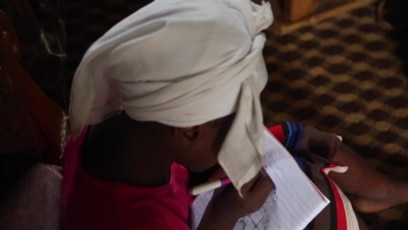Nigerian nationals residing in India have shared distressing experiences of mistreatment, extortion, and police brutality, leaving many eager to return home with a willingness to accept bail and repatriation if offered, appealing to the Nigerian government for urgent intervention.
Despite staging protests, including demonstrations directed at the Nigerian Embassy in India, their grievances have yet to yield any meaningful response.
“What we Nigerians are experiencing here in India is deeply troubling,” one individual stated. “When the Indian police arrest you, they first seize your phone, go through its contents, and then demand that you call someone to send money before they consider releasing you.”
One of the affected members, recalling the tragic case of one Peter, fondly known as Pino Pino, Peter, the son of the late Chief Felix Ugbekile, was allegedly subjected to a brutal beating that led to his death, describing the consequences of the hostile environment Nigerians face in India.
"I strongly believe he was beaten to death. The police have refused to release the CCTV footage. In one video, you could still see blood coming from the back of his head. He was killed on Tuesday, June 10th, and to this day, there has been no action taken."
"The most painful part is that they don’t want us to return to our country. If they did, they would lower the penalties. Many are dying in the deportation camps simply because they cannot afford the fees, young men, women, and even children."
He recounted his own harrowing experience, stating, “I was once a victim; it happened last year in September. I had to pay nearly one lakh rupees to secure my release. Everything they’re doing is unlawful, and it's all a means of extortion.”
He went on to describe the ongoing cycle of abuse: “Once you’re arrested, they demand payment. If you can’t pay, they either throw you into deportation camps or frame you with drugs, ensuring you end up in jail. Sometimes they release you, but if you’re caught again, the extortion continues.”
He also alleged that some Nigerians collaborate with local authorities, providing information that fuels the exploitation. “They’re using us to generate income. I’ve paid more than four times. Now, I have nothing left. I had to sell my land in Nigeria to regain my freedom.”
When asked if he would return to Nigeria if given the chance, his response was unequivocal: “Absolutely. But I can’t afford the overstay penalties. If the government could assist with a free flight, I would return home without hesitation. I’ve sold everything I own to avoid jail or deportation camps. The conditions in those places are horrific, and people fall ill easily. I wouldn’t wish that suffering on my worst enemy.”
The Ministry of Foreign Affairs, through its spokesperson, Kimiebi Imomotimi Ebienfa, has confirmed that the Nigerian High Commission in New Delhi is aware of the reported death of a Nigerian national in India. According to him, the High Commission is currently collaborating with leaders of the Nigerian community and relevant Indian security agencies to determine the circumstances surrounding the incident.
In a related statement, Abdulrahman Balogun, Director of Media, Public Relations, and Protocol at the Nigerians in Diaspora Commission (NIDCOM), noted that no recent formal complaint has been received by either NIDCOM or the Ministry of Foreign Affairs regarding the alleged incident.
He added, “NIDCOM is aware of a few previous cases, and the Nigerian High Commission in India had initiated extensive investigations into those matters. We are committed to working with the embassy to ensure all investigations are thorough and credible. The new case mentioned will be reviewed, and appropriate diplomatic measures will be taken.”
The Nigerian High Commission in India, Balogun explained, is equipped to assist citizens in distress by issuing emergency travel documents, requesting waivers in special circumstances, and coordinating repatriation efforts.
Nonetheless, he cautioned that individuals without proper documentation are at risk of being detained or placed in overcrowded deportation facilities. He urged affected Nigerians to immediately contact the Foreigners Regional Registration Office (FRRO) and the Nigerian embassy to seek guidance and prevent further complications.




